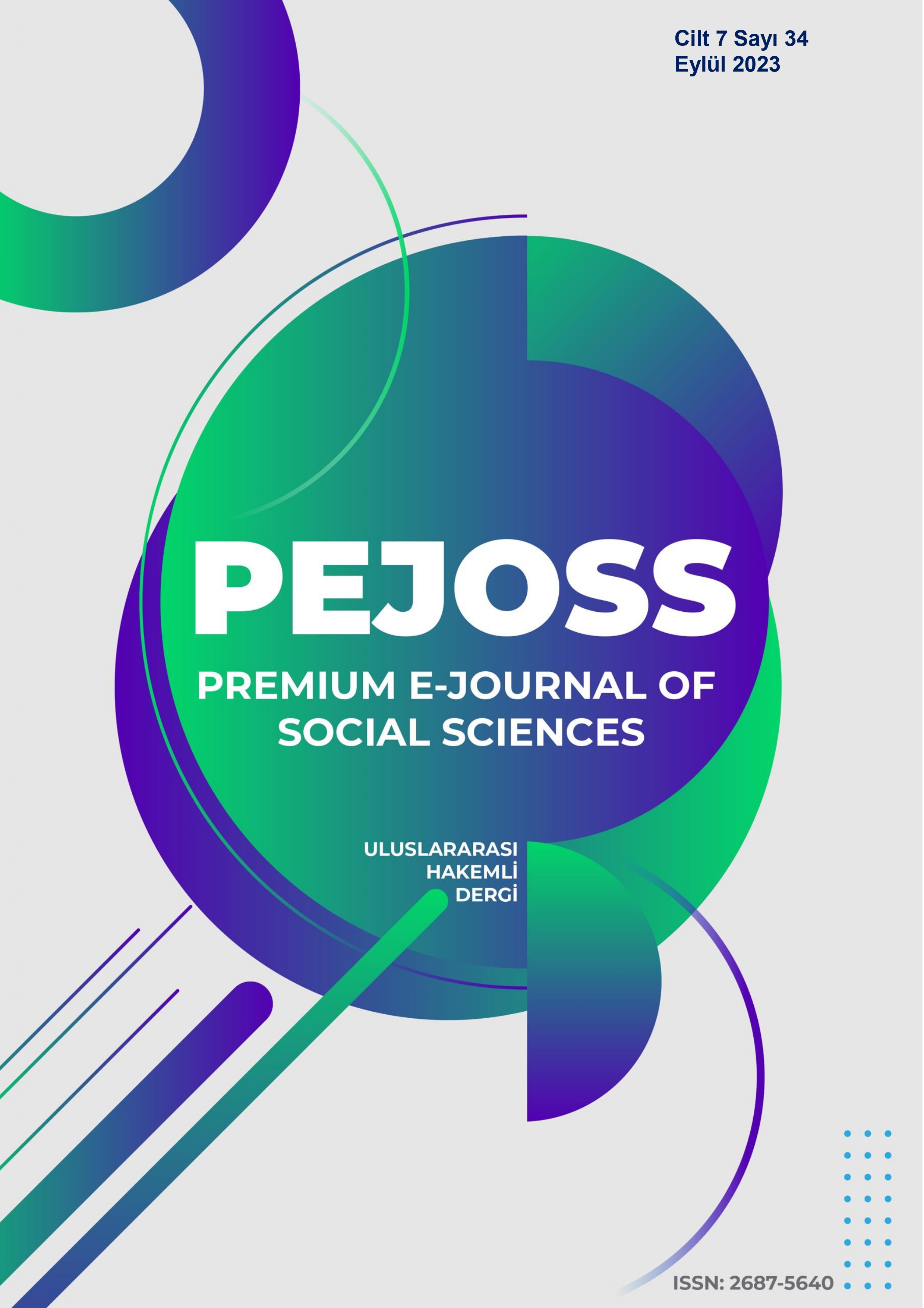Structural Biology: Increasing Resident Well-Being Through Sustainable and Hypoallergenic Building Design
DOI:
https://doi.org/10.5281/zenodo.8404808Keywords:
Eco houses, sustainable architecture, ecology, hypoallergenic structures, structural biologyAbstract
This study explores the design and construction of hypoallergenic homes that prioritize sustainable materials. By integrating these materials and considering regional availability, the research aims to create healthier and more environmentally friendly living spaces that reduce the impact of allergens and pollutants and support the well-being of building occupants. Considering the increasing prevalence of allergies and the significant impact of indoor environments on allergic reactions, it is crucial to address indoor air quality. As a result, it is clear that there is a growing interest in hypoallergenic homes that prioritize the well-being of residents. This research examines the integration of sustainable materials and regional availability into the design and construction processes to create healthier and more environmentally friendly living spaces. In the study, first of all, the definition, emergence and principles of the concept of biology are explained. By explaining the subject theoretically, it is aimed for the reader to understand the subject. Then, the transition between the concepts of energy and climate is mentioned and their effective use is explained by using the literature. According to the differences of climatic regions, the climatic elements, the characteristics of the building structures and their effects on energy use are emphasized. In the last section, two different examples, whose interiors were affected due to their climate and geographical features, are discussed. In a building designed with the principles of building biology and ecology, it is exemplified how sustainable design, materials and technologies are designed and applied together. In this context, each component and the mechanical systems used, starting from the foundation of the building to the roof, were taken into consideration in the application examples. One of these two buildings is the Headquarters of the Institute for Building Biology and Sustainability in Germany, and the other is Britain's first hypoallergenic house. When the literature is scanned, it is clearly seen that there is not enough data on this subject yet.
Downloads
References
Alman Yapı Biyolojisi ve Sürdürülebilirlik Enstitüsü. (t.y.). Yapı Biyolojisi + Sürdürülebilirlik Enstitüsü İBN hakkında https://baubiologie.de/turkish/
Alman Yapı Biyolojisi ve Sürdürülebilirlik Enstitüsü. (t.y.). Ekolojik Yapının Öncüsü: Gernot Minke. https://www.yapibiyolojisi.org/ekolojik-yapi-gernot-minke/
Ching L., T. (2018). Erdem Rehberi (Çev. Kerem Çalışkan). Remzi Kitabevi.
Eryıldız, S. (2007). Yeşil Yerel Yönetim. Algı Yayın.
Evening Standard (t.y.). Jess Denham. https://www.standard.co.uk/homesandproperty/interiors/grand-designs-healthy-house-built-for-kids-with-lifethreatening-allergies-is-a-wakeup-call-for-all-of-us-a124476.html
Grand Designs. (t.y.). Designing a hypoallergenic family home. https://www.granddesignsmagazine. com/grand-designs-houses/grand-designs-healthy-house-in-richmond/
Şehir 2.0. And Akman // Ekolojik Yapılar – Doğal Malzemeler. (t.y.). https://www.youtube.com/watch ?v=iE S8TNXUmfI&list=PLMjvwqKOCn5FdePbww1oJ1cdLcGkEkPS7&index=51&t=591s
Taygun, T. G. (2005). Yapı Ürünlerinin Yaşam Döngüsü Değerlendirmesine Yönelik Bir Model Önerisi. [Doktora Tezi], Yıldız Teknik Üniversitesi Fen Bilimleri Enstitüsü, İstanbul.
Türkiye Yapı Biyolojisi ve Ekolojisi Enstitüsü. (t.y.). Yapı biyolojisi ve ekolojisi ilkeleriyle yapılmış bir bina örneği. https://www.youtube.com/watch?v=d5BK0rEERYY&t=3s
Yapı Biyolojisi & Ekolojisi Enstitüsü. (t.y.). Biyoklimatik Yapı Analizi. https://www.yapibiyolojisi.org/ biyoklimatik-yapi-analizi/
Yapı Biyolojisi Forumu. (t.y.). And Akman Sunumu https://www.youtube.com/watch?v=Sj7ZHL NHbHA&list=PLMjvwqKOCn5FdePbww1oJ1cdLcGkEkPS7&index=52
Yüceer, N., S. (2015). Yapıda Çevre ve Enerji. Nobel Akademik Yayıncılık.
World Health Report (2002). Reducing Risks, Promoting Healthy Life. ISBN: 9241562072
Downloads
Published
How to Cite
Issue
Section
License
Copyright (c) 2023 Premium e-Journal of Social Science (PEJOSS)

This work is licensed under a Creative Commons Attribution 4.0 International License.


